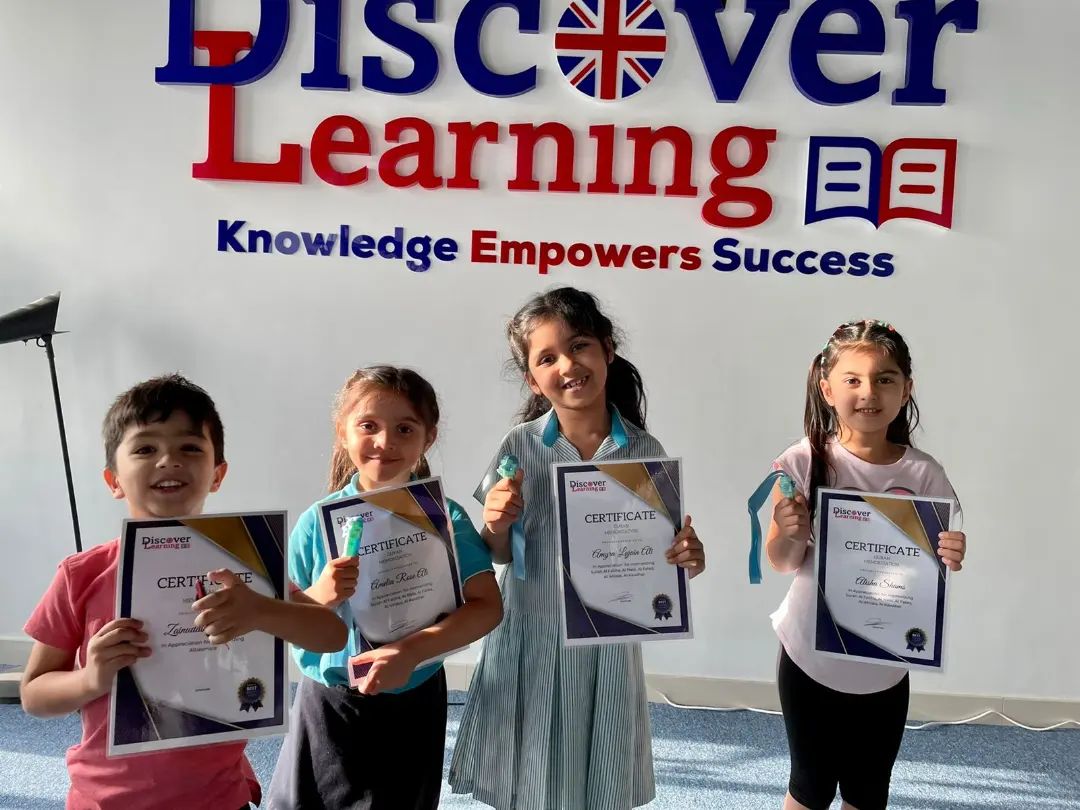
The travel industry is rapidly evolving and at the forefront of this transformation is generative AI. From crafting personalized itineraries to generating real-time language translations, generative AI for travel is redefining how individuals explore the world. It’s no longer just about booking flights or finding hotels; it’s about creating intelligent, seamless, and enriching travel experiences tailored to each traveler’s preferences. And none of this would be possible without the growing field of generative AI development.
What Is Generative AI in the Travel Context?
Generative AI refers to algorithms capable of creating new content text, images, audio, or even entire experiences based on existing data. In travel, this translates into:
- Itinerary generation
- Virtual destination previews
- AI-driven travel assistants
- Dynamic content creation for blogs, websites, and promotional materials
- Real-time contextual recommendations
It empowers both travelers and travel businesses to operate smarter and more creatively.
Key Applications of Generative AI for Travel
1. AI-Curated Travel Itineraries
Using input such as preferred travel dates, interests, budget, and lifestyle, generative AI can design a complete day-by-day travel plan. It adapts to user feedback and modifies suggestions in real time offering a truly responsive planning experience.
2. Virtual Experiences and Previews
Before booking, travelers can explore places through AI-generated visuals or immersive text narratives. This allows them to “try before they fly,” boosting confidence and reducing decision fatigue.
3. Localized Travel Content
Generative AI tools can produce localized travel guides, event listings, and restaurant suggestions in multiple languages ensuring that international travelers feel right at home.
4. Smart Customer Support
AI-powered chatbots can now handle customer service queries with nuanced, human-like responses. They understand intent, context, and urgency resulting in higher traveler satisfaction and lower operational costs.
5. On-the-Go Recommendations
While on the trip, AI can suggest off-the-beaten-path experiences based on the user’s live location, weather conditions, or activity history making every journey more spontaneous and personalized.
The Power of Generative AI Development
Behind all these innovations is a deep commitment to generative AI development. Developers are using advanced models like GPT, DALL·E, and custom LLMs to build travel-focused platforms that cater to the unique demands of this industry.
Key aspects of generative AI development in travel include:
- Training AI on industry-specific datasets (e.g., flight data, weather patterns, regional tourism info)
- Integrating APIs from airlines, hotels, and booking platforms
- Ensuring multi-language capabilities for global reach
- Creating secure and privacy-compliant systems that manage user data responsibly
Without well-structured development strategies, generative AI cannot function at the level of personalization and intelligence that modern travelers expect.
Business Advantages of Generative AI in Travel
For businesses, the adoption of generative AI provides tangible benefits:
- Cost Efficiency: Automate repetitive tasks like content creation, support, and booking confirmations.
- Customer Engagement: Deliver content and suggestions that feel personal, timely, and helpful.
- Scalability: Serve thousands of users with AI-generated support and planning without increasing human resources.
- Competitive Differentiation: Stand out by offering hyper-personalized experiences powered by generative AI.
Whether you’re a travel startup or an established OTA (Online Travel Agency), generative AI development can offer a strategic edge in a saturated market.
Ethical and Technical Considerations
As with all AI technologies, it’s important to navigate challenges thoughtfully:
- Bias in Recommendations: AI must be trained on diverse datasets to avoid geographic or cultural bias.
- Data Privacy: Travelers’ personal data should be handled with strict adherence to privacy laws and encryption standards.
- Transparency: Users should understand when they’re interacting with AI versus a human, and how their data is used.
A responsible approach to development ensures trust and long-term success.
Looking Ahead: The Future of AI-Powered Travel
The future of generative AI for travel will go far beyond itinerary suggestions and virtual tours. We’ll see AI:
- Predicting optimal travel dates based on crowds, costs, and personal schedules
- Integrating with wearable devices to provide health and safety tips on the go
- Generating real-time 3D maps or AR overlays for guided walking tours
- Offering end-to-end, voice-controlled travel experiences
As generative AI development advances, it will reshape travel as an adaptive, conversational, and intelligent service not just a transactional experience.
Conclusion
Generative AI is breathing new life into the travel industry making journeys more personalized, efficient, and inspiring. For businesses, investing in generative AI development is not just an upgrade; it’s a future-proof strategy. And for travelers, it means more meaningful adventures powered by data, intelligence, and creativity.
Whether you’re a developer, a travel brand, or an explorer, now is the time to embrace the intersection of AI and travel. The next great trip won’t just be booked it will be generated.



